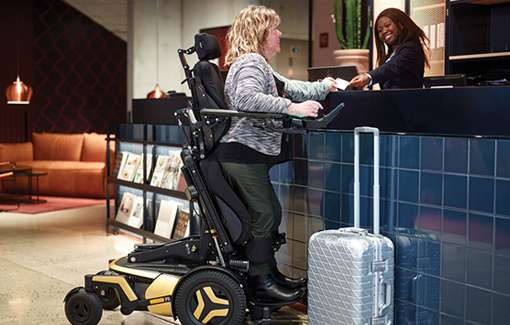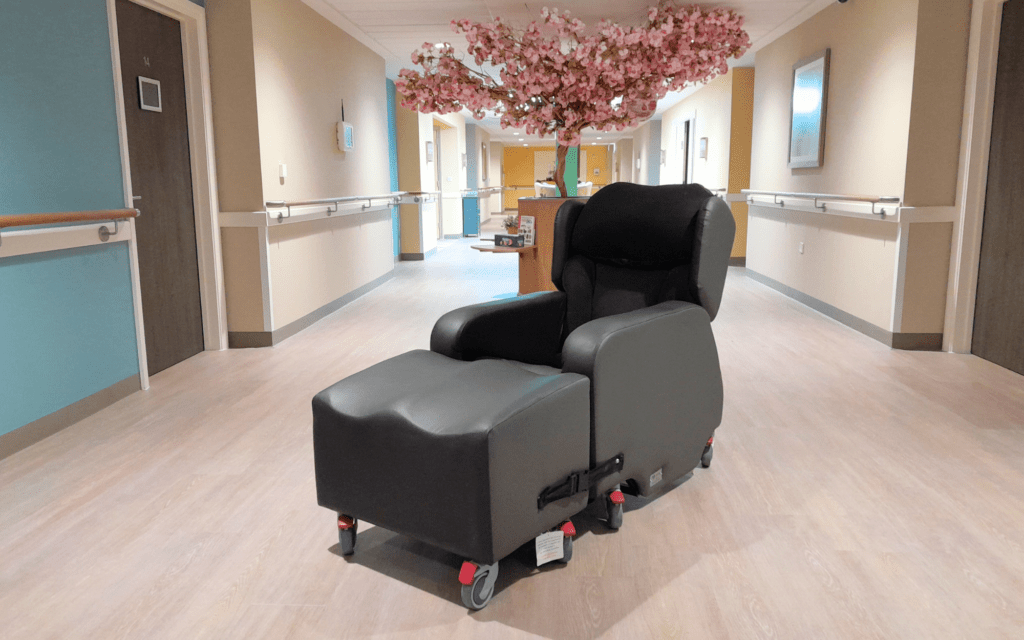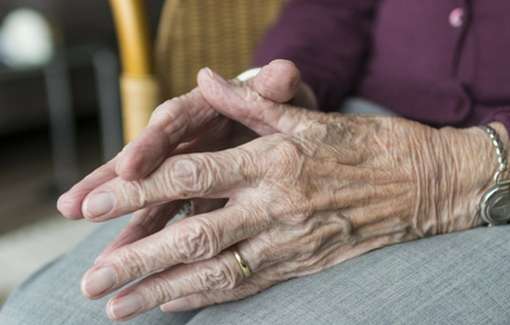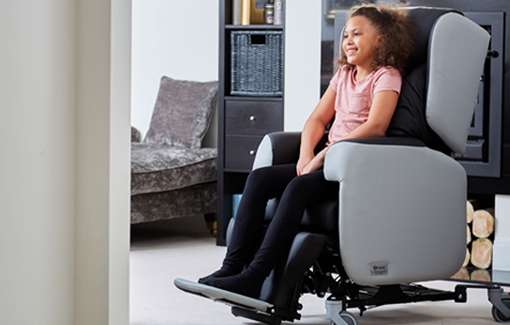Here in the UK, there are a few different grants and types of financial support available to individuals with disabilities. These options can cover a wide range of disabilities or long-term illnesses, providing some relief and support for the recipient.
Let’s take a look at funding for disabled people, as well as all the confusing acronyms that go with these schemes!
Jump straight to…
Personal Independence Payment (PIP)
PIP is for individuals aged 16-64 who have a long-term illness or disability, and need help covering the costs. This payment is not means tested, so the amount you receive isn’t dependant on what you earn or have saved.
PIP is slowly replacing the Disability Living Allowance, so you may see it more and more often in the future.
PIP comprises of 2 components — the Daily Living component and the Mobility component. As you can imagine, the Daily Living side accounts for everyday activities (washing, dressing, etc.), and the Mobility half is to help with getting around (this can also be used towards a Motability scheme).
Depending on how much your condition affects you (which is determined through an assessment), these components can be paid at a standard or enhanced rate.
| Standard weekly rate (2016-2017) | Enhanced weekly rate (2016-2017) | |
| Daily living | £55.10 | £82.30 |
| Mobility | £21.80 | £57.45 |
For more about PIP, please read here.
Disability Living Allowance (DLA)
The DLA payment is gradually being phased out for adults, so you can now only make a claim for it for a child under the age of 16. The child must be considered to have difficulties walking that necessitate more care, and they must have been a resident of the UK for at least 2 of the last 3 years.
Again, this isn’t means tested so you receive the same amount in spite of your earnings or savings.
Like PIP, the DLA is made of 2 components — Care, and Mobility. The individual could receive between £21.80 and £139.75 a week.
The rates of both components are determined by the level of care needed:
- Bottom level — help is required for part of the day/night.
- Middle level — constant supervision is needed throughout the day or night.
- Top level — help is needed at all times, or if the child is terminally ill.
Employment and Support Allowance (ESA)
You are entitled to ESA if your disability or illness means that you can only work for a few hours a week. If your Statutory Sick Pay (SSP) has run out or you simply can’t claim it, you might be eligible for ESA.
This might be because you’re self-employed, earning less than £112 a week, under State Pension age, or if you’re unemployed but not receiving Jobseeker’s Allowance.
There are 2 types of ESA:
- Contribution-based ESA: You’re eligible for this if you have paid enough National Insurance contributions, regardless of your income/savings, and your partner’s income/savings.
- Income-related ESA: You can claim this if you earn under £112 a week, and you don’t pay enough National Insurance contributions to qualify for contribution-based ESA. This type is means tested, so you may not be able to claim it if you (or your partner) have over £16,000 of income/savings, or if you (or your partner) work 24+ hours a week.
As with most financial provisions, the rate you receive is varied. To find out more and work out what you might be able to claim, visit the Money Advice Service website.
Charity Grants
Charity Grants are non-repayable amounts of money awarded by charities or organisations. The government does not fund these, and so they are determined solely by the charity that is awarding them.
You must meet the eligibility criteria to be entitled to the grant. These criteria will vary from organisation to organisation.
We work with a lot of charities and have a comprehensive charity database available — get in touch to find out more.
Disabled Facilities Grants
If you’re looking to make changes to your home, the Disabled Facilities Grant is just for that. This government-funded option is specifically for those who need to alter their house to support their needs as a disabled individual.
So if you need a ramp, a wider door, a stairlift, or anything to help with accessibility in your own home, then the Disabled Facilities Grant is a good one to keep in mind.
To be eligible, you or someone you live with must be disabled, and you must own or rent the property during the grant period (5 years). Helpfully, you can also apply for the grant if you are a landlord with a disabled tenant.
The council will then inspect and approve the property and the planned work. You may be granted up £30,000 in England, but the amount you receive is dependant on your household income and savings.
PIP, the DLA, ESA, Charity Grants and Disabled Facilities Grants are just a few of the main benefits you could receive as a disabled person, but there are loads more available depending on your needs. We hope this has helped to give you some clarity on the often-confusing world of funding for disabled people, and if you want to look into anything further, please visit one of the websites listed below.














